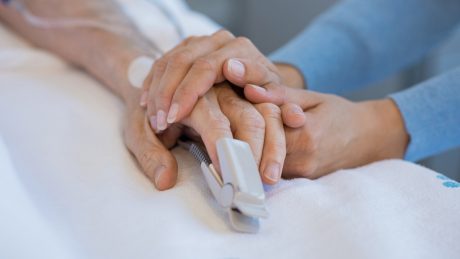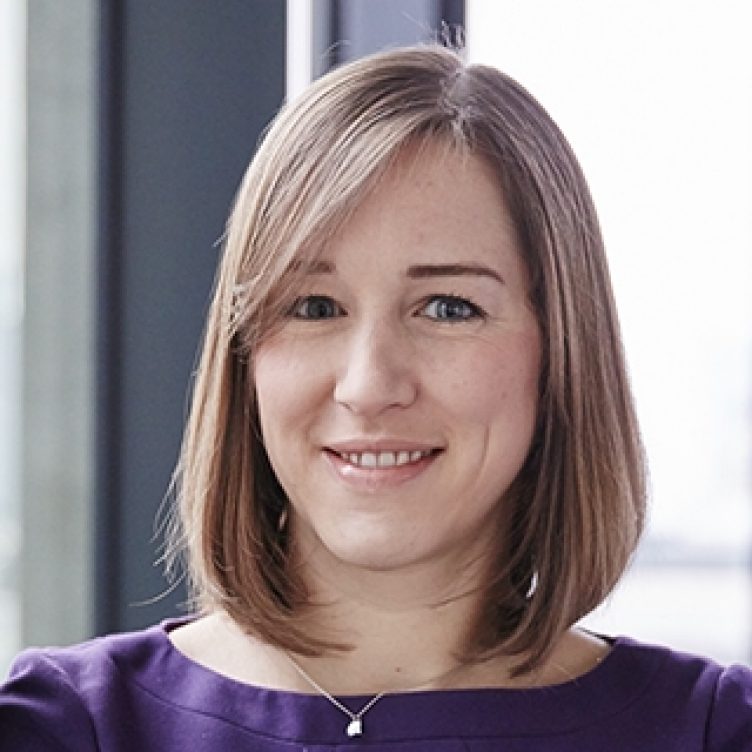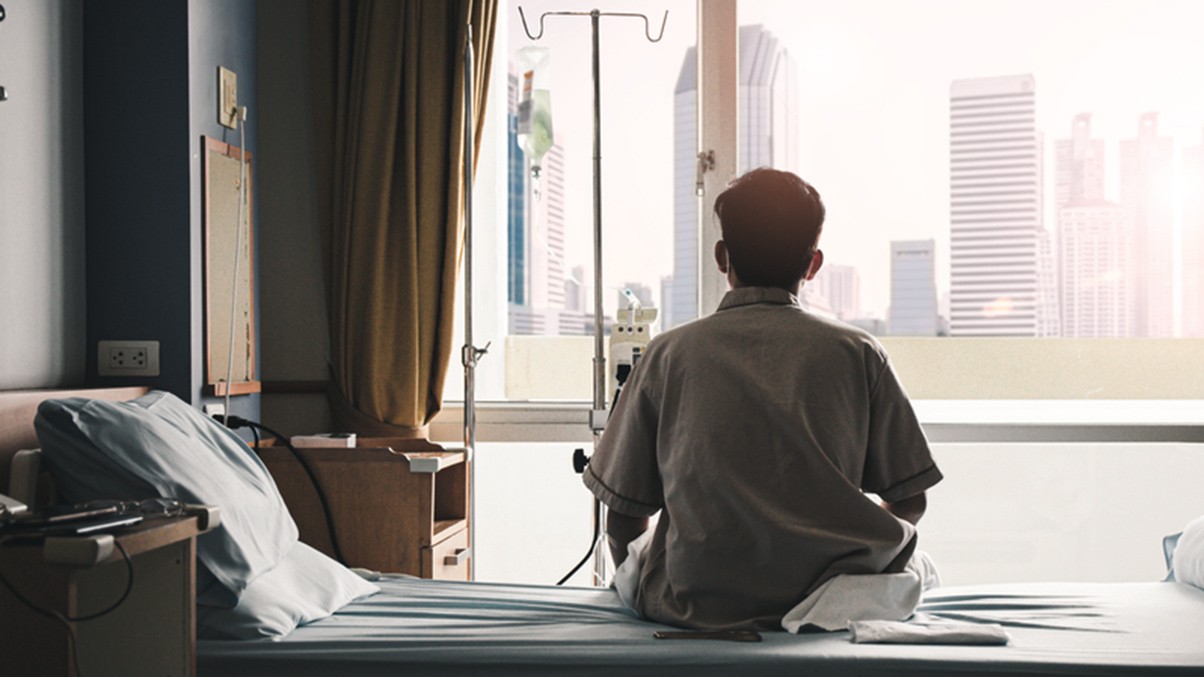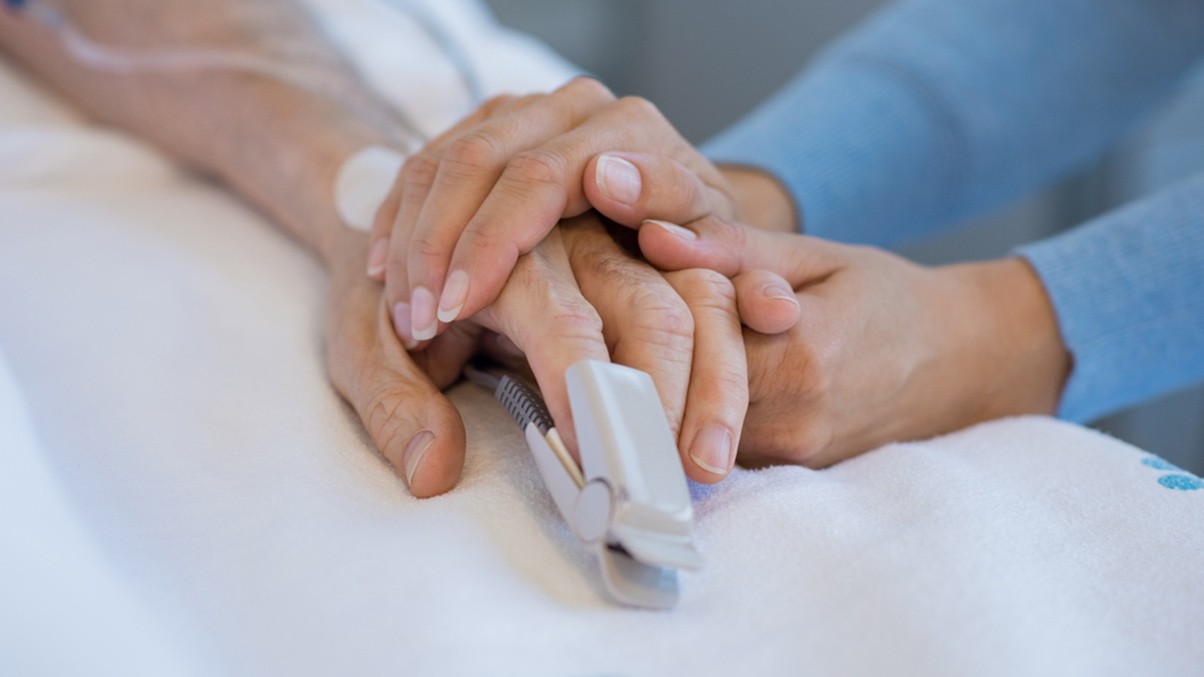In 2015, our client Geraldine suffered a stroke and was admitted to hospital, turning her and her husband’s lives upside down. Originally from the US, the couple had spent the last 20 years travelling and working around the globe. When the stroke happened, they had been living in the UK with the hope of retiring here.
While Geraldine was in hospital, her husband Patrick met the Legal Service for assistance with an application to become her deputy. He was appointed as deputy in 2016. However, the couple then moved back to the US for Geraldine to receive specialist treatment. Patrick once again had to navigate the legal process of applying to the courts to manage her affairs on her behalf in the US as her conservator.
Fast forward six years, and Geraldine has made a remarkable recovery. Last year, the US courts decided that she had regained the mental capacity to manage her own affairs and terminated the conservatorship. We then took steps with Geraldine to apply to the court of protection in the UK to terminate her deputyship, which was ordered earlier this year.
Senior Paralegal Emily Charlesworth recently caught up with Patrick to find out more about his experience of both processes while supporting his wife with her recovery from a life-changing stroke.
Emily Charlesworth: Before your wife’s stroke, had you heard of deputyship? If not, how did you first find out about it?
Patrick: No, I was not aware of deputyship. Both Geraldine and I had always been healthy, and we did not know much about doctors, hospitals or deputyship. In the days and weeks following the stroke, I was concerned about how decisions would be taken and whether I would be able to make decisions on her behalf.
After some frantic searching, someone at hospital mentioned deputyship to me. They referred me to Stewarts and said they could help me with the application.
EC: Were you surprised by how long an application for deputyship would take? What was your experience of making an application?
P: I was surprised. Obviously, with what had happened, I wanted it in place right away to assist me with making decisions on her behalf. I thought it would be very quick.
The application process fits with British bureaucracy. If I had not had Stewarts helping me, I would have struggled. We were on our way to becoming citizens in the UK, but the process is complicated. Stewarts talked me through it and helped me. The paralegal (Sam) met me at the hospital and explained it all to me. Stewarts was helpful at that difficult time when I was trying to get answers and very compassionate.
EC: Were there any challenges about the role of being a deputy?
P: There were two challenges. Firstly, it felt like the deputyship’s reporting role is not designed for a spouse, although many must act as deputies. Before Geraldine’s stroke I was used to managing the money for both of us. As our money was mixed and we did not have separate banking, we lived on the sum of both of our salaries. However, the deputy reporting treated our money as separate and so I had to artificially separate it. This was well intentioned of course, but the forms do not make it easy for a couple that manages their money together.
Secondly, stroke recovery is both a “hard science” which includes doctors and medicine, and “soft science” which involves keeping up morale. It was not clear how to account for much of the latter, such as flying the family over from America to visit Geraldine. That was an important part of her recovery.
It can sometimes feel like the Court of Protection is expecting you to abscond with the incapacitated person’s money! I understand why these systems are in place, but they do make things difficult.
EC: Did you know when you were appointed as deputy that the order would not automatically be recognised if you moved to another country?
P: No, I did not know it would not apply in the US. I thought the deputyship order would be fine to use, particularly as we have US passports. I then tried to sign something in a bank, and they said: “Don’t you have anything from this country?” Because the US is a litigious country, they were worried about accepting something that wasn’t a conservatorship. Therefore, I decided to make this application so that people could see the paper they wanted to see.
EC: What was the application process like in the US compared to the UK?
P: It was back to the beginning again. The nuances of US conservatorship application were different to the nuances of deputyship in the UK. I got a lawyer in the US to help me navigate it all. In terms of the process, a ‘guardian ad litem’ had to come and interview Geraldine to ensure it was a genuine application.
EC: How did the role of being a deputy compare with that of being appointed as a conservator?
P: They don’t have the annual reporting system in the US. I would describe it as a lot of the effort being front-loaded in the US, but once you are appointed, you are left more to your own devices; they wish you good luck, and off you go. There is more ongoing supervision in the UK for sure.
EC: Your wife’s rehabilitation in the US went very well, so much so that she regained mental capacity to manage her affairs. How easy was it to end the conservatorship in the US?
P: Yes, it went well, and we were fortunate to have the funds to do a lot of private therapy, which definitely assisted her recovery. Geraldine’s doctors were very surprised by her progress; the doctors at Georgetown Hospital have even suggested I write a book regarding the recovery!
The judge that presided over the application to terminate the conservatorship commented that they had hardly ever dealt with these sorts of applications as they are not common. The process to end it was thorough; we had to file the petition to the court alongside a medical opinion, a therapist opinion and a written statement from me. In addition, a 30-minute interview was conducted by the guardian ad litem with Geraldine to ensure she was able to manage her own affairs.
The process of terminating the deputyship was simpler in the UK. However, we did already have the medical information and evidence from the application in the US, which I am sure helped.
EC: Finally, what are your and Geraldine’s plans for the future?
P: Prior to her stroke, I was about to start a new job in the UK, which I was not able to continue with when we moved back to the US. We are hoping to return to the UK, and I will be applying for jobs to move over in the New Year, hopefully. We hope to move back to London where we had been wanting to retire. I feel Geraldine is ready to give it a go!
What I have learned through this process is that each person recovers at their own pace. Most doctors predict that most real stroke recovery is complete by eighteen months. However, Geraldine could not move at all until seven months but progressed slowly over the next five years and is now walking with a cane. Her ability to understand followed a similar timeline. She could not comprehend a single word and can now catch most of what people say… and she can speak back!
If you never give up, great progress can be made.
Finally, I could not have navigated the deputyship process on my own. At the time it was confusing as the overall approach was not clear. I want to thank you and Stewarts very much for all your help and support along the way.
The Legal Service – We are here to help
The Legal Service, delivered by our pro bono team, provides patients with advice without obligation, for however long it takes to resolve the issue. Our support is available regardless of the circumstances of an accident and regardless of whether a patient has a personal injury claim.
In these difficult times, the concerns of our pro bono clients are likely to be more stark than those in more fortunate circumstances. The Legal Service will be available throughout the crisis to help in any way we can to ease the burden on our clients.
To get advice from The Legal Service, please contact Kara Smith by phone on 020 7822 8000 or by email at ksmith@stewartslaw.com.
You can find further information regarding our injury expertise, experience and team on our Personal Injury pages.
Subscribe – In order to receive our news straight to your inbox, subscribe here. Our newsletters are sent no more than once a month.





